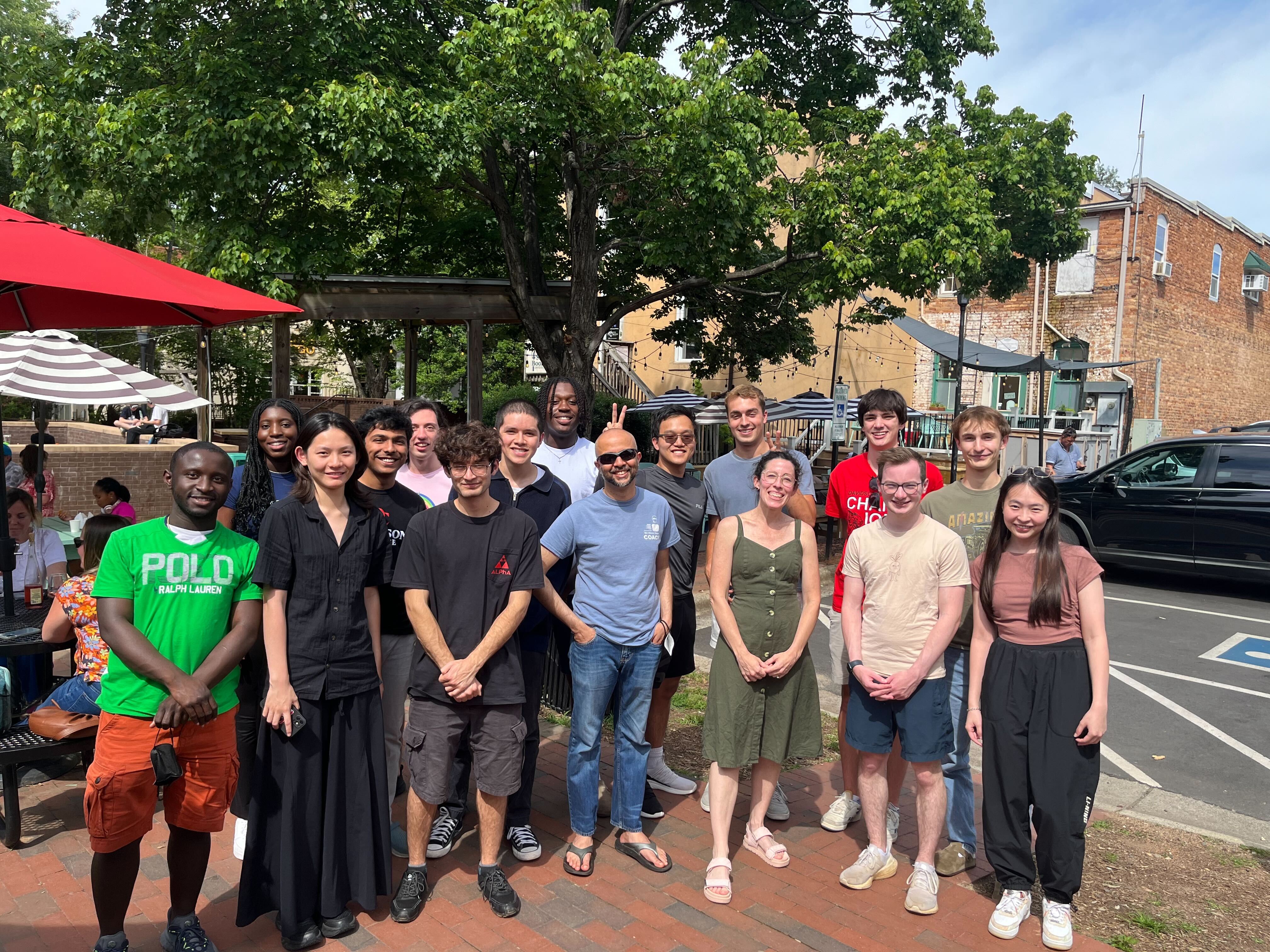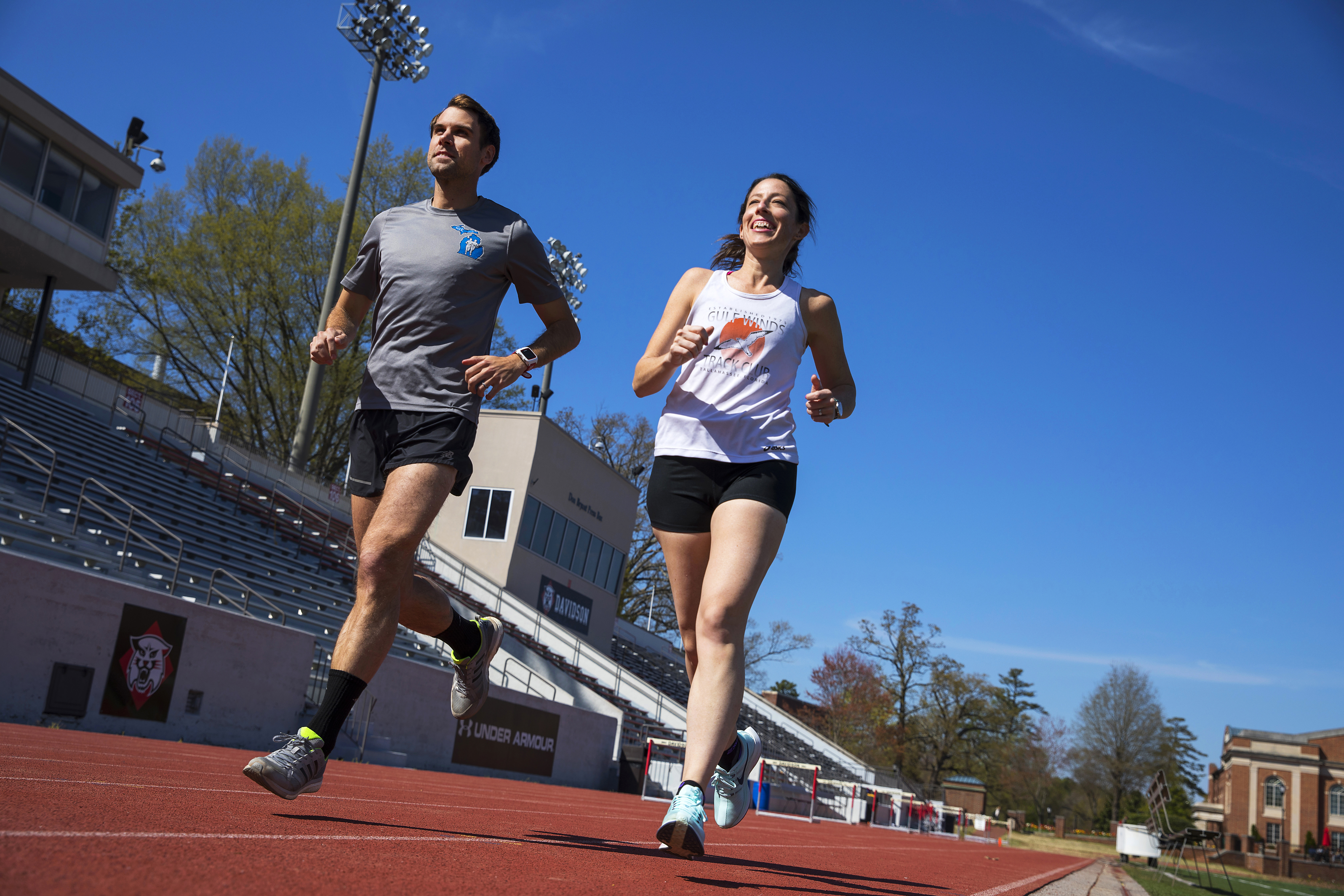Michelle Kuchera
Keiser Family Associate Professor of Physics
Education
- Ph.D., M.S., B.S. Florida State University
Areas of Expertise
- Machine learning
- Nuclear physics
- Particle physics
Background
I am a computational physicist with research interests in machine learning, nuclear physics, and algorithm development for data analysis. The focus of my research is applying these methods to nuclear and particle physics research.
From online shopping to solving the biggest questions in physics, advanced computational methods are present in every aspect of life today. As a leader in the Partnership for Integration of Computation into Undergraduate Physics (PICUP), I believe that incorporating computation into physics courses provides students with a clearer understanding of the material as well as a skill set that can be taken with them as they traverse their independent career paths. Inspired by learners at Davidson and across the world, I am also a faculty member in the Emory-Tibet Science Initiative and teach machine learning to graduate students at summer schools.
Research
I am co-PI of the Algorithms for Learning in Physics Applications (ALPhA) research group at Davidson College. Our group collaborates with experimental and theoretical physicists at the Facility for Rare Isotope Beams, the Thomas Jefferson National Accelerator Facility, and CERN.
Each facility brings unique computational challenges that our group addresses with Artificial Intelligence methods.
One such example is the Active Target - Time Projection Chamber (AT-TPC) detector, which is housed at the Facility for Rare Isotope Beams in East Lansing, Mich. This device is used to study and "image" nuclear reactions in three dimensions. Two weeks of AT-TPC data is approximately the size of the entire Library of Congress print collection! Every experiment, which is typically on the order of two weeks, studies a different reaction, requiring flexible algorithms to adapt to each analysis.
In ALPhA, we are dedicated to providing students with the opportunity to make impactful contributions to national research efforts in AI for nuclear and particle physics.

